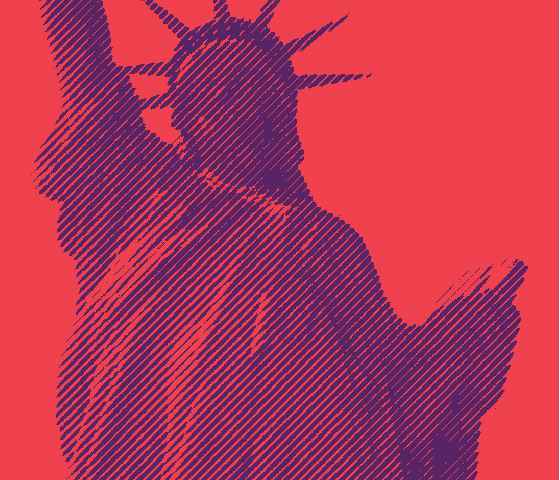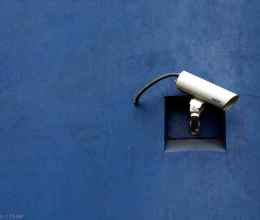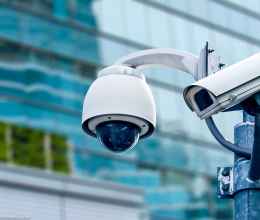by Sandra Park
ACLU Senior Staff Attorney
As the COVID-19 crisis takes its devastating toll, the need for scientific collaboration is self-evident. After the first outbreaks, scientists in China sequenced the viral genome and released that data, permitting laboratories globally to develop their own tests to diagnose patients for COVID.
Yet, members of Congress, led by Sen. Thom Tillis (R-N.C.), have pointed to the pandemic as a reason to radically change patent law. The changes would allow corporations to have exclusive rights over genes, connections between genomes and disease, and other products and laws of nature, inhibiting scientific innovation.
Contrary to the arguments offered by Sen. Tillis and his allies in Congress, changing patent law to permit exclusivity on natural phenomena would give companies the ability to charge excessive fees for genetic testing to detect increased risk for diseases such as breast cancer, drive up patient costs for coronavirus testing, and inhibit scientific progress. That is why the American Civil Liberties Union and the ACLU of North Carolina have launched a campaign to educate people about the dangers these changes to Section 101 of the Patent Act pose, and to ask Sen. Tillis to abandon these efforts. The current ongoing public health crisis is an excellent example of what’s at risk if these patent law changes move forward.
Today, scientists around the world are contributing information about the thousands of new strains of coronavirus they have sequenced, data that is vital to understanding the virus and developing testing and treatments. While there have certainly been serious problems with sufficient access to tests in the United States, the issue is not that laboratories lack patent protection to develop them. Dozens of laboratories have created and are offering diagnostic tests.
Imagine an alternate scenario: The first laboratory to sequence the COVID-19 genome immediately files for patent protection on the genome and its connection to disease, threatens other labs that want to test for the virus with patent infringement suits, and seeks to monopolize testing. Other labs follow their example, and soon different strains of the novel coronavirus are subject to competing patent claims, impeding the ability of the scientific and medical communities to freely investigate the virus and its evolution.
This scenario is not fantastical. The U.S. Patent & Trademark Office adopted a policy in 2001 authorizing patents on genes once they were “isolated” or removed from their natural environment. Patents covering many thousands of genes and their connections to health conditions were issued, and patent holders exercised their rights to stop others from sequencing those genes, even when the other laboratories were using different, more comprehensive, or less costly methods.
The ACLU represented 20 leading medical professional associations, geneticists, breast and ovarian cancer patients, and women’s health advocacy groups to challenge the Patent Office’s policy. In 2013, we won a unanimous ruling from the U.S. Supreme Court, which drew on over 150 years of precedent prohibiting patents on laws of nature, products of nature, and abstract ideas. By invalidating patents on two genes connected to hereditary risk for breast, ovarian, and other cancers, the court broke the monopoly controlled by the patentholder on all testing that could be conducted in the United States.
Outraged by the Supreme Court’s decisions in our case and two others, the patent bar unleashed a major lobbying campaign to overturn them. Their efforts gained steam during the summer of 2019, when a group of senators and representatives, led by Sen. Thom Tillis as the chair of the Senate Judiciary Subcommittee on Intellectual Property, jointly issued a draft bill that would explicitly retract all of the Supreme Court case law barring patents on laws of nature, products of nature, and abstract ideas.
Over 160 medical, scientific, patient advocacy and civil rights organizations as well as over 80 biomedical scientists led by Drs. Harold Varmus and David Baltimore opposed the proposal. We highlighted that allowing patents on natural materials, natural processes, and ideas could “hamstring basic science and slow discovery, thereby compromising the nation’s ability to enhance the quality of health care and foster economic progress.”
Shockingly, patent proponents are seizing on the COVID-19 crisis to renew their calls to expand what is eligible to be patented. They assert that companies were slow to develop diagnostic tests for the novel coronavirus because they lacked certainty that they could obtain patents. They are, in effect, asking for the ability to charge monopoly prices for testing of a new disease that is causing a global public health crisis. And they are pushing for permanent changes to patent law that will undermine medical practice and scientific research well after this crisis ends.
Since the outbreak, the ACLU has emphasized the need to respect the expertise of public health officials and scientists while preserving our civil rights and civil liberties. Our advice for Congress and patent policymakers is no different when it comes to patents. Many in the medical and scientific communities already have recognized how over-reaching patents would only hinder progress, calling for open science partnerships or adoption of the “Open COVID Pledge” – which commits to making intellectual property available for use in ending the pandemic and minimizing the impact of the disease, free of charge.
As the COVID-19 crisis makes clear, we all have a stake in how far patents reach. Patents dictate who has access to scientific breakthroughs, when, and at what cost. Granting exclusive rights over what belongs to the public impedes, rather than fosters, innovation and discovery. There will be many different ways we must mobilize to address the pandemic. Drastically expanding what can be patented should not be one of them.






